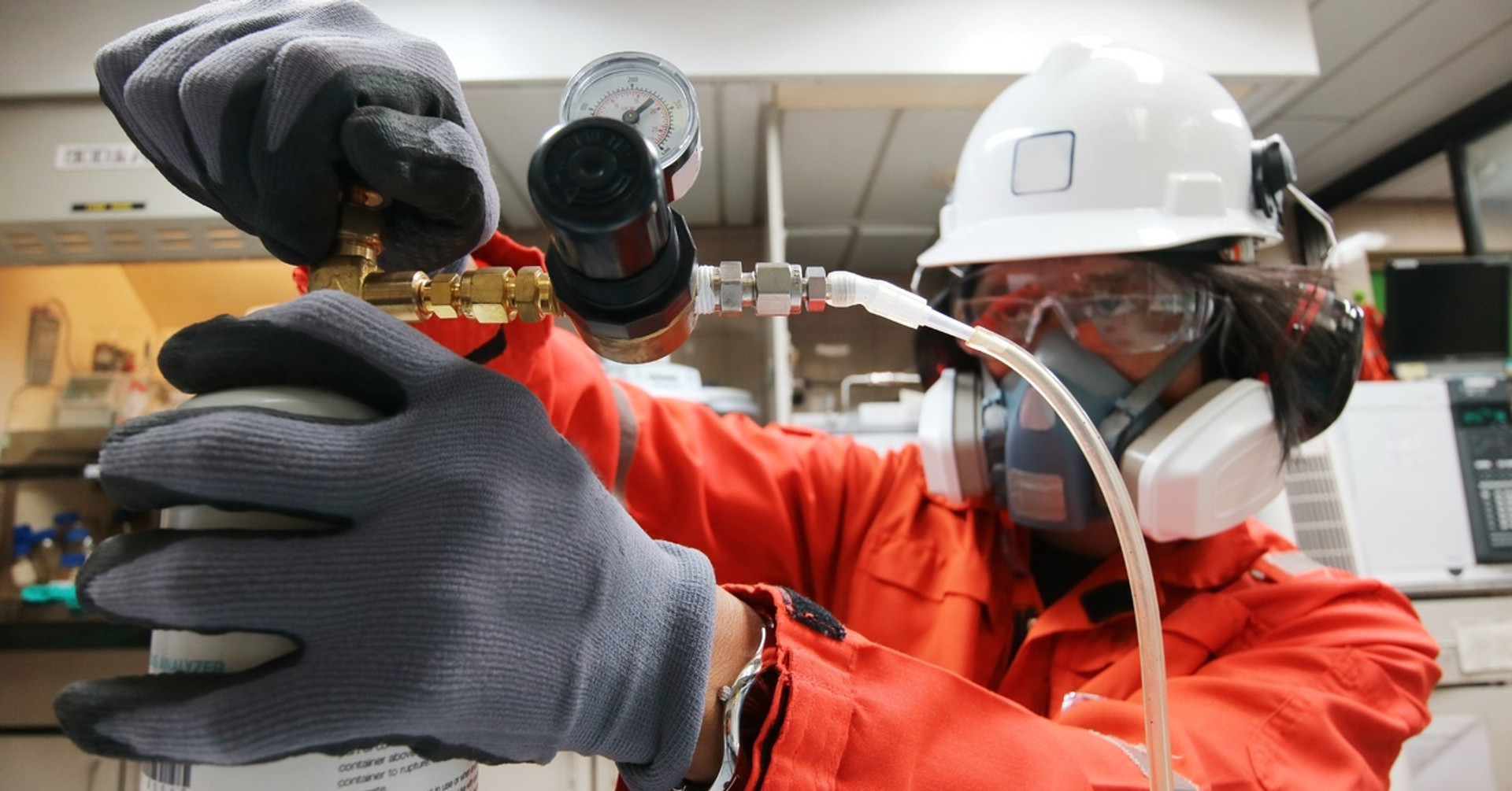How Specialty Gas Calibration Ensures Accurate Results
Specialty gas calibration forms the backbone of precision measurement across industries where accuracy determines success or failure. Laboratories, manufacturing facilities, and research institutions depend on calibrated gas standards to validate their analytical instruments and maintain measurement integrity. Without proper calibration procedures, even the most sophisticated equipment can produce unreliable data, compromising critical decisions. Here’s how specialty gas calibration ensures accurate results.
The Critical Role of Calibration in Measurement Accuracy
Analytical instruments drift over time due to environmental factors, component aging, and regular use. Temperature fluctuations, humidity changes, and mechanical wear gradually affect sensor responses and detection capabilities. Calibration corrects these deviations by establishing known reference points that instruments use to interpret measurements correctly.
Gas analyzers, chromatographs, and emission monitoring systems require periodic calibration to maintain their specified accuracy ranges. The process involves exposing instruments to certified reference gases with precisely known concentrations. Technicians then adjust instrument responses to match these known values, creating a reliable measurement foundation.
Primary Calibration Methods in Practice
Direct calibration uses certified reference gas mixtures to establish instrument response curves. Technicians introduce gases with known concentrations into the analytical system and record the instrument’s output. They plot these responses against the known values to create calibration curves that convert raw instrument signals into accurate concentration readings.
Gravimetric preparation produces the most accurate reference standards by precisely measuring the weights of gas components. Specialized facilities prepare these mixtures by combining pure gases in calculated proportions, creating standards traceable to national measurement institutes. The accuracy of gravimetric standards often exceeds 0.1% relative uncertainty.
Dynamic dilution systems generate calibration gases by mixing high-concentration parent gases with diluent gases in controlled ratios. Mass flow controllers regulate the mixing process, allowing operators to create multiple concentration levels from a single parent standard. This method provides flexibility for multi-point calibrations while maintaining high accuracy.
Advantages of Consistent Calibration Programs
Regular calibration schedules prevent measurement drift from accumulating to unacceptable levels. Organizations that implement structured calibration programs report fewer measurement discrepancies and improved data quality. Gas supply equipment requires calibration at intervals determined by usage patterns, environmental conditions, and required measurement uncertainty.
Documented calibration procedures support regulatory compliance in industries subject to environmental monitoring requirements. Quality management systems demand traceable calibration records that demonstrate measurement reliability over time. These records provide evidence of due diligence during audits and inspections.
Preventive calibration identifies potential instrument problems before they affect critical measurements. Technicians can detect sensor degradation, contamination, or electronic failures during routine calibration checks. Early problem detection reduces costly downtime and prevents the generation of invalid data.
Maintaining Measurement Excellence
Specialty gas calibration transforms analytical instruments into reliable measurement tools that support confident decision-making. The investment in proper calibration procedures pays dividends through improved data quality, regulatory compliance, and operational efficiency. Organizations that prioritize calibration excellence position themselves for success in environments where measurement accuracy determines competitive advantage.
MESA Specialty Gas offers high-quality gas supply equipment to keep your business operating efficiently and effectively. Contact our technical team today to discuss calibration solutions tailored to your specific analytical requirements and measurement objectives.

